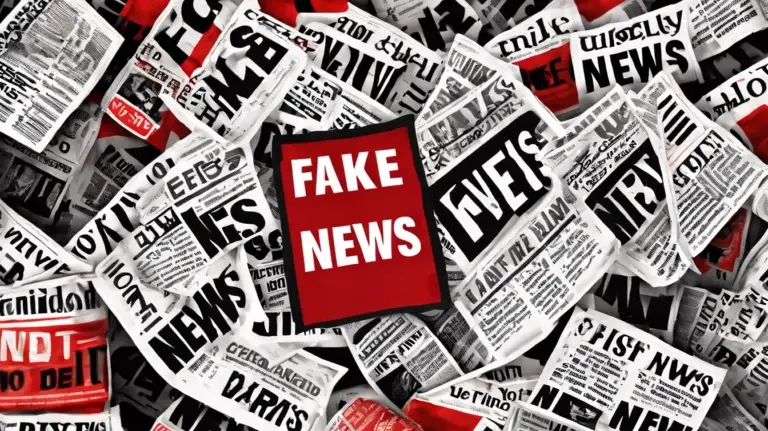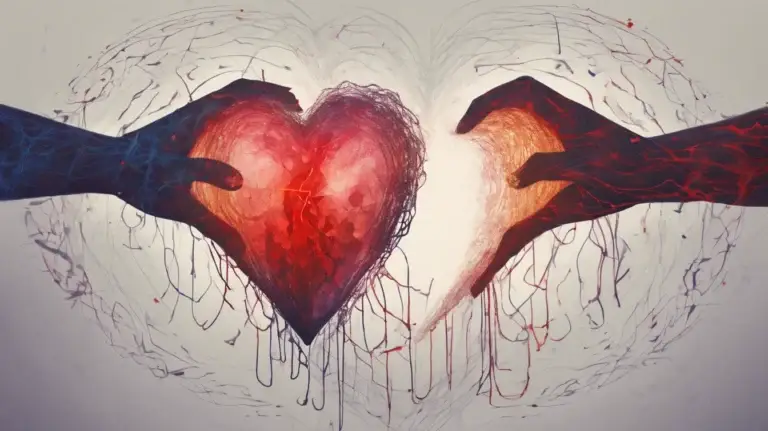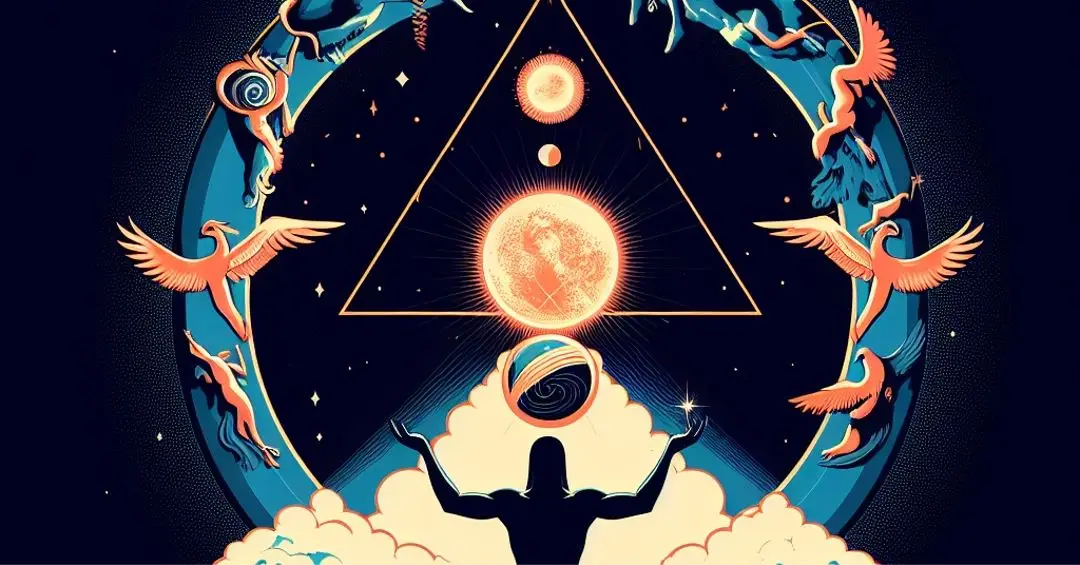The Interplay of Honesty and Reality
Understanding the bond between honesty and reality is vital. Often, our reluctance to face reality leads us into a world of make-believe, which is essentially being dishonest with ourselves. Many times, it’s not about lacking opportunities to see the truth; rather, it’s about consciously choosing to ignore them.
"Honesty is the first chapter in the book of wisdom."
Thomas Jefferson Tweet
The Case of Romance, Marriage, and Death
In my observations, this trend is starkly evident in how people approach topics like romance, marriage, and death. Across different cultures, while the specifics vary, there’s a common tendency to cling to inherited beliefs and stories, overlooking the pursuit of truth and reality.
We tend to rather just believe the stories we were told (both as children and adults), we can refer to this as culture, rather than setting out on a journey to find the truth and see reality. This culture works like a pair of colored glasses. We can only see the world through these glasses.
This culture works like a magic headphone that only lets trough the sounds that fit the world view of our upbringing. In my path to confidence it has helped me strongly to reflect upon these glasses and headphones, so much, so that eventually, I could take them off most of the time. I have been learning how to hear and see clearly.

The Misleading Nature of the News
Take the news as an analogy. News often portrays a skewed, negative view of the world, leading many to perceive it as increasingly dangerous. This is in stark contrast to statistics, which show a gradual decline in violence and sickness-related deaths. Like news, our daily narratives (culture), including white lies and euphemisms, cloud our perception of reality.
Euphemisms and Symbolic Language
Euphemisms might seem innocent. Perhaps they even had the best intentions when they were created. To make things sound more soft seems like a kind thing to do.
The Word " Shy" as a Euphemism
When we say ” she passed away” instead of “she died”, it is pretty clear that this is a Euphemism. However when we say: “I am a shy person” it is not a clear cut. I think it is a euphemism nonetheless. When we say we are shy it is a safer way to say we are scared.
This is problematic because it creates a completely different understanding of ourselves. I have learned that many people who call themselves shy take it as a characteristic of their person. As if they were born that way. It does not drive an urgent need to take action. “This is just the way I am” type of feeling. It feels out of my control.
When we call the beast by its name: “I am scared”, I think very few people believe it’s a characteristic they are born with. This helps to make you feel like it is in your control. You can do something about it if you like.
I hope this example illustrates how euphemisms can help us to escape reality The question is whether it truly helps you in the long run.

The Myth of the Emotional Heart
We often symbolically attribute emotions to the heart, saying it’s ‘broken’ or ‘bleeding’. These expressions, while metaphorical, subtly imply that emotions are beyond our control, as they’re supposedly governed by the heart.
The Reality: It's All in the Mind
In truth, both emotions and rational thoughts originate from the brain. Recognizing this helps us understand that our thoughts can significantly influence our emotions. For example, ‘retail therapy’ shows how emotions can drive irrational purchasing decisions.
An Insightful Story
Consider my friend’s story: While driving, she deliberately slowed down to frustrate a tailgating driver, only to later learn that he was rushing his pregnant wife to the hospital. This experience taught her the value of giving others the benefit of the doubt, demonstrating how changing our thoughts can positively influence our emotions.
Knowledge: The Real Power
Knowledge as the Key to Success
In my journey towards financial independence, I realized the crucial role of knowledge. While factors like background and opportunities matter, the acquisition of knowledge remains a pivotal differentiator.
The Internet: A Knowledge Goldmine
Today, the internet offers unprecedented access to knowledge. It’s a tool that can empower us to acquire new skills and find novel ways to earn. My journey taught me that the knowledge gap often sets us apart in achieving our goals, be it financial independence or personal confidence.
Concluding Thoughts
Embracing reality and honesty, especially in acknowledging the power of our thoughts over emotions, is transformative. Coupled with the pursuit of knowledge, it opens doors to personal growth and happiness. Understanding that our emotions and actions are products of our thoughts and knowledge can be the key to becoming the best versions of ourselves.



